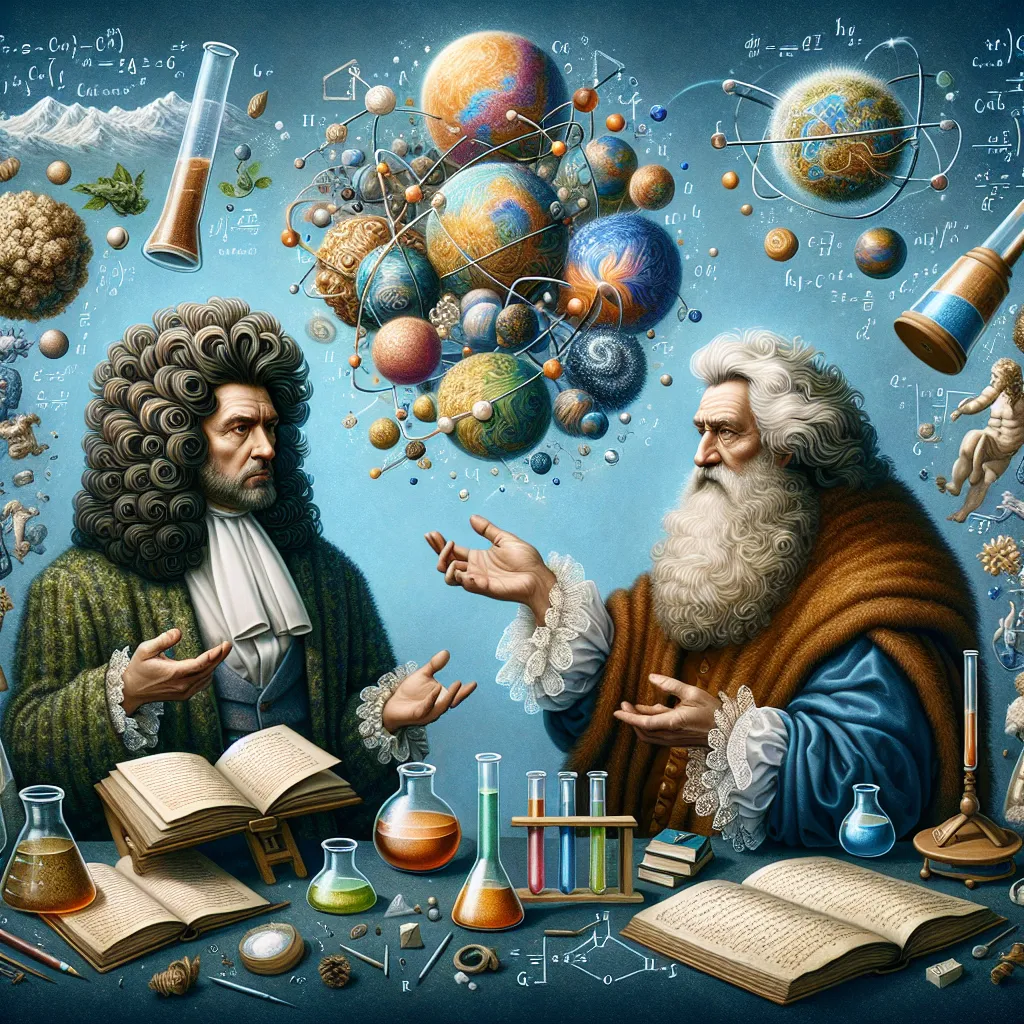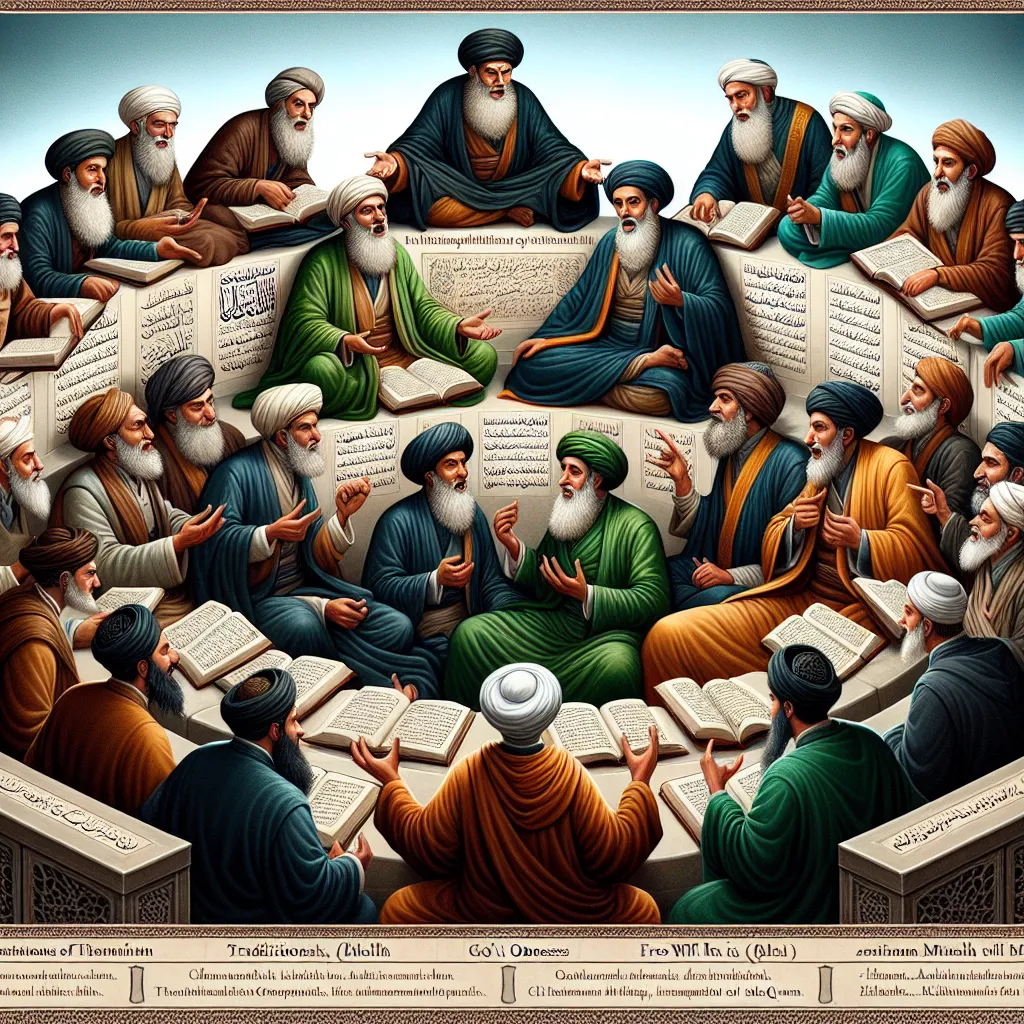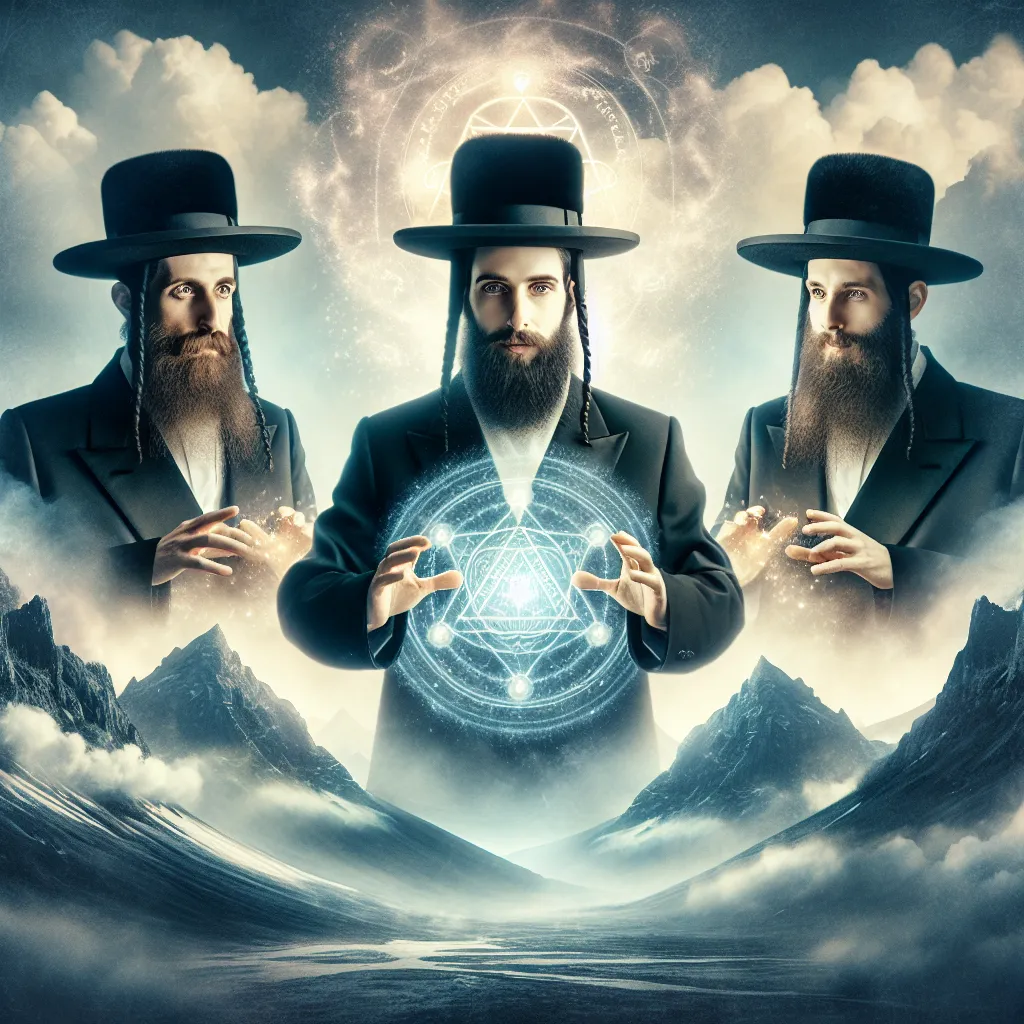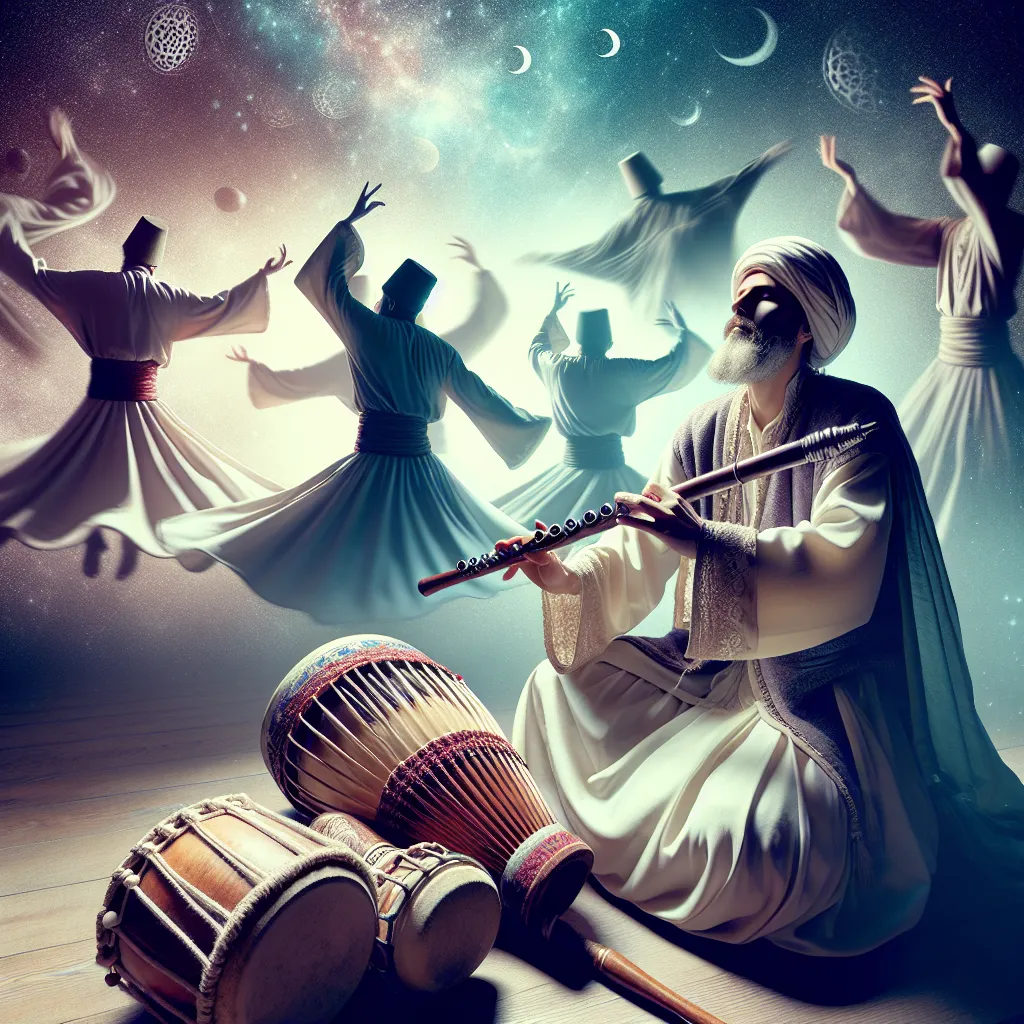Back in 1929, Albert Einstein, the iconic theoretical physicist, was famously asked if he believed in God. His response has been quoted endlessly: “I believe in Spinoza’s God who reveals himself in the lawful harmony of the world, not in a God who concerns himself with the fates and doings of mankind.” This answer has resonated with many scientific figures, including Carl Sagan, who seem to find something profound in this concept of Spinoza’s God. But what exactly did Einstein mean, and who was Spinoza?
Baruch Spinoza, a 17th-century philosopher from Holland, is regarded as one of the most influential thinkers of his time—and possibly of all time. Born into a Sephardic Jewish community in Amsterdam in 1632, Spinoza exhibited remarkable intellectual capabilities from a young age. His innovative ideas, however, were met with resistance, leading to his excommunication from the Jewish community at just 23 years old.
Following this, Spinoza moved around Holland, ultimately settling in The Hague, where he devoted himself to philosophy. Writing under the pen name Benedictus, he crafted several significant works, among which “The Ethics” stands out. This text, written between 1661 and 1675 and published posthumously in 1677, is considered his magnum opus.
In “The Ethics,” Spinoza explores various themes, with Part One focusing on God. His ideas are often linked with pantheism—the belief that God and nature are one and the same. This identification isn’t entirely accurate or simple. Spinoza’s God encompasses all existence, an infinite essence manifesting through finite modes. This monist view posits that there’s only one substance, God or Nature, from which everything derives.
Spinoza’s concept of “substance” is crucial here. He borrowed the term from Aristotle but used it uniquely. For Spinoza, substance is something that exists independently and is conceived in itself. Thus, while traditional views held multiple substances, Spinoza argued for just one: God, an infinite being with infinite attributes.
Here’s where the complexity lies. To Spinoza, God isn’t a personal deity who interacts with humans. God is the fundamental essence of reality, expressing himself through nature and its laws. This abstract, impersonal deity contradicts the traditional, anthropomorphic God of Abrahamic religions, leading many to label Spinoza as an atheist. However, this interpretation might oversimplify Spinoza’s rich philosophical vision.
Spinoza differentiated between “naturing nature” (natura naturans) and “natured nature” (natura naturata)—the active, creative aspect of God and the created world, respectively. Some scholars argue that Spinoza saw God as entirely synonymous with the created universe, while others see a distinction between God as the infinite cause and the finite world as modes of God’s attributes. This debate has persisted for centuries.
Even though Spinoza rejected a personal, miracle-performing God, he wasn’t dismissive of the divine. He urged living in constant love for God, emphasizing an abstract and philosophical understanding of the divine. This perspective appealed to Einstein, who found Spinoza’s God compatible with a modern scientific worldview.
Einstein’s affinity for Spinoza even led him to pen a poem in admiration—though not particularly well-written, it nonetheless highlights his deep respect for the philosopher. Spinoza’s enduring legacy continues to provoke thought, appealing to both the spiritual and the rational, unwilling to fit neatly into any single ideological box. This complexity is exactly why Einstein and many others have been drawn to Spinoza’s vision of God.






